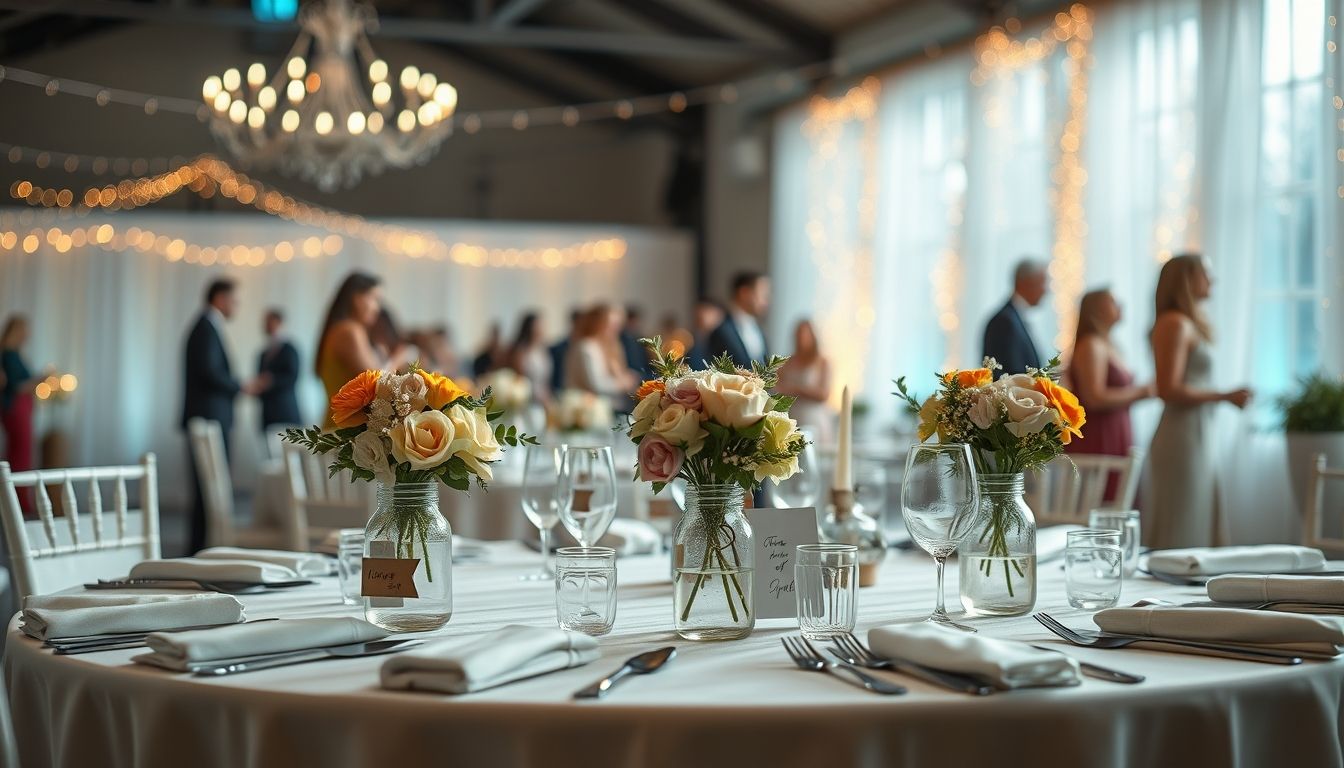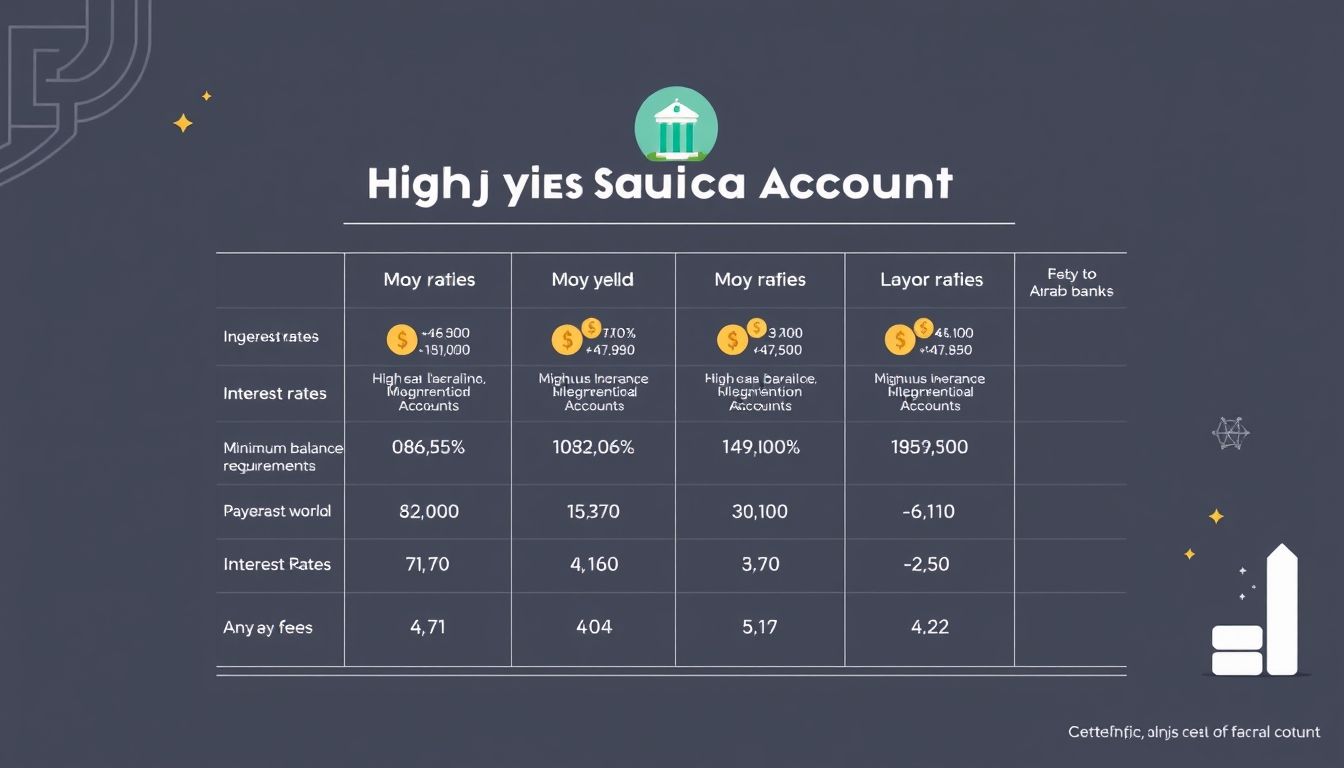Introduction: Smart Planning for an Economical Wedding
Weddings and special events are often among the most expensive events in many people's lives. However, it's possible to plan a wonderful wedding without spending a fortune. This article aims to provide practical and innovative strategies for saving money in every aspect of wedding or event planning, while maintaining quality and elegance.
Chapter 1: Defining the Budget and Setting Priorities
1.1. Establishing the Overall Budget
The first and most important step is to set a realistic overall budget. This budget should be based on your actual ability to spend, considering any savings or potential loans. It's crucial to be honest with yourself about what you can afford to avoid unnecessary debt.
Practical Tip: Use a spreadsheet (Excel or Google Sheets) to track expected and actual expenses.
1.2. Setting Priorities
After determining the overall budget, set your priorities. What elements are most important to you and your partner? Is it the venue, food, photography, or music? Allocating a larger portion of the budget to higher priority items will ensure you get what you really want.
Example: If photography is very important to you, allocate a larger percentage of the budget to it and reduce spending on other items like flowers or souvenirs.
Chapter 2: Choosing the Right Venue and Timing
2.1. Selecting an Alternative Venue
Wedding halls and hotels are often the most expensive venues. Look for alternative locations such as public gardens, museums, or even your backyard. These places can be much cheaper and offer you the opportunity to add a unique personal touch to the event.
Statistic: Studies show that choosing an alternative venue can save up to 50% of the wedding cost.
2.2. Choosing the Right Timing
Weekdays (especially Sundays and Fridays) and less popular months (such as January and February) are cheaper than Saturdays and busier months. Consider holding the wedding at a different time of day, such as a brunch or tea party, to reduce costs.
Practical Tip: Inquire about special offers or discounts available at certain times of the year.
Chapter 3: Guest List and Reducing the Number of Guests
3.1. Creating a Realistic Guest List
Each additional guest means more expenses on food, drinks, and souvenirs. Be realistic about who you invite. Focus on close relatives and friends with whom you have strong relationships.
Example: Instead of inviting all coworkers, invite only those you interact with regularly outside of work.
3.2. Using Electronic Invitations
Instead of traditional paper invitations, use electronic invitations. They are cheaper, more environmentally friendly, and save you time and effort in sending them.
Practical Tip: Use free or low-cost invitation design websites to create attractive invitations.
Chapter 4: Food and Drink: Economical and Delicious Options
4.1. Choosing a Simple Menu
Instead of a luxurious and multi-course menu, choose a simple and delicious menu. A diverse buffet or a traditional dinner meal can be an excellent option.
Example: Instead of serving expensive steaks, offer grilled chicken or fish dishes with fresh vegetables.
4.2. Offering Non-Alcoholic Beverages
Alcoholic beverages can be very expensive. Consider offering a variety of non-alcoholic beverages such as fresh juices, sparkling water, and iced tea.
Practical Tip: If you want to serve alcohol, limit the number of drinks offered per guest or provide a cash bar.
Chapter 5: Flowers and Decoration: Creativity at Lower Costs
5.1. Using Seasonal and Local Flowers
Seasonal and local flowers are much cheaper than imported flowers. Choose flowers available in the season of the event and use them in the decoration.
Example: In the spring, use tulips and daffodils. In the fall, use chrysanthemums and asters.
5.2. Renting or Borrowing Decorations
Instead of buying decorations, rent or borrow them from friends and family. This can include utensils, dishes, candles, and furniture.
Practical Tip: Look for rental stores specializing in party and event supplies.
Chapter 6: Music and Entertainment: Fun and Economical Options
6.1. Hiring a DJ Instead of a Live Band
Live bands are usually more expensive than DJs. A DJ can provide a wide range of music at affordable prices.
Example: Compare the prices of local bands and DJs before making a decision.
6.2. Creating a Personal Playlist
If your budget is very limited, consider creating a personal playlist and using a simple sound system. This can be a fun and personal way to save money.
Practical Tip: Make sure you have someone responsible for playing the music throughout the event.
Chapter 7: Photography: Capturing Memories Affordably
7.1. Looking for a Beginner Photographer
Beginner photographers are usually less expensive than experienced professional photographers. Look for promising photographers and offer them the opportunity to photograph your event for a reasonable price.
Example: Contact photography students at local universities.
7.2. Creating a Hashtag for the Event
Encourage guests to take photos and share them on social media using a special hashtag for the event. This is a great way to collect a variety of photos for free.
Practical Tip: Assign someone to collect and organize the photos that have been shared.
Chapter 8: Wedding Dress and Suit: Stylish and Economical Options
8.1. Buying a Used or Rented Wedding Dress
A used or rented wedding dress can be purchased at a much lower price than a new dress. Look for used dress stores or online dress rental sites.
Example: Check out sites like StillWhite or PreOwnedWeddingDresses.
8.2. Renting a Suit or Buying it Affordably
Instead of buying an expensive suit, rent a suit or look for an affordable suit in discount stores.
Practical Tip: Look for deals and discounts on suits in local stores.
Chapter 9: Souvenirs: Simple and Thoughtful Ideas
9.1. Offering Handmade Souvenirs
Handmade souvenirs are a great way to add a personal touch to the event and save money. These gifts can include homemade sweets, small plants, or scented candles.
Example: Give small bags of seeds or seedlings to guests to plant in their homes.
9.2. Donating to a Charity in the Name of Guests
Instead of offering traditional souvenirs, donate to a charity in the name of the guests. This is a noble way to make a difference and show appreciation.
Practical Tip: Choose a charity that is relevant to you or your partner.
Chapter 10: Managing Expenses and Negotiating with Suppliers
10.1. Tracking Expenses Regularly
Make sure to track all expenses regularly and compare them to the set budget. This will help you identify areas where you need to reduce spending.
Example: Use an expense tracking app or a simple spreadsheet.
10.2. Negotiating with Suppliers
Don't hesitate to negotiate with suppliers to get the best prices. Request quotes from several suppliers and compare them before making a decision.
Practical Tip: Be prepared to walk away if you don't get the price you want.
By following these strategies, you can save money on your wedding or special event without sacrificing quality and elegance. Remember that smart planning and creativity are the keys to success.




